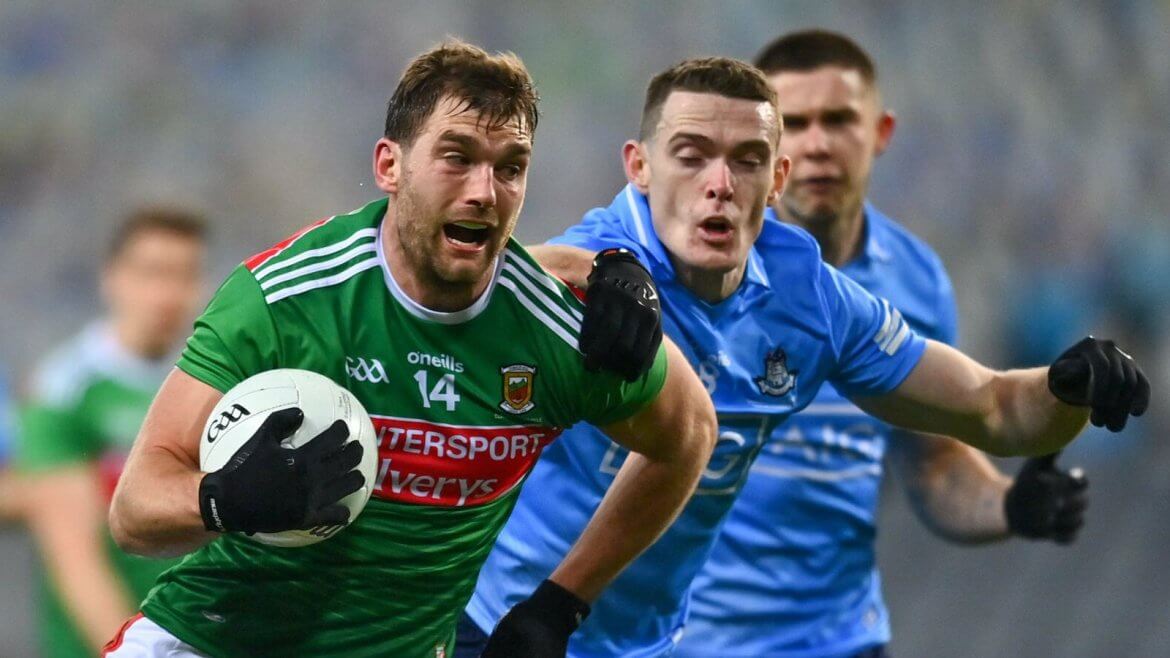The Gaelic Athletic Association (GAA) represents the heart of Irish sporting culture, managing and promoting Ireland’s native games. For visitors to Ireland, understanding these unique sports can enhance their appreciation of Irish culture. Here’s a comprehensive guide to help you understand the basics of Gaelic Games.
The Main Sports
Gaelic Football:
Often described as a mix between soccer and rugby, Gaelic football is played with a round ball slightly smaller than a soccer ball. Players can:
- Carry the ball for up to four steps
- Solo (bounce or toe-tap the ball while running)
- Hand-pass or kick-pass to teammates
- Score points by kicking over the crossbar (1 point) or goals by shooting into the net (3 points)
Hurling:
Sometimes called the fastest field sport in the world, hurling is played with a wooden stick (hurley) and a small leather ball (sliotar). Players can:
- Strike the ball with the hurley while it’s on the ground or in the air
- Catch the ball directly or pick it up with the hurley
- Carry the ball on the hurley or in hand
- Score points similar to Gaelic football
Camogie:
The women’s version of hurling, with similar rules but some variations in physical contact allowance.
Understanding the Basics
The Pitch:
- Larger than a soccer field
- H-shaped goals at each end
- The area between the posts and under the crossbar is for goals (3 points)
- The area above the crossbar is for points (1 point)
Scoring:
- Scores are written with goals first, then points
- Example: 2-10 means 2 goals and 10 points (total 16 points)
Team Structure:
- 15 players per team on the field
- Different positions have specific roles
- Substitutions allowed during play
The Championship Structure
County Level:
- Players represent their county in provincial and All-Ireland championships
- Main competitions run during summer months
- All-Ireland finals held at Croke Park in Dublin
Club Level:
- Players represent their local club
- Club championships run through autumn/winter
- Creates strong community connections
Key Competitions:
- All-Ireland Senior Football Championship
- All-Ireland Senior Hurling Championship
- National Leagues (played in spring)
- Provincial Championships
Cultural Significance
Community Connection:
- GAA clubs are central to community life
- Players are amateur athletes
- Strong emphasis on local identity and pride
Traditional Aspects:
- Games have ancient Celtic origins
- Modern rules codified in 1884
- Important part of Irish cultural revival
Famous Venues:
- Croke Park, Dublin (Headquarters)
- Páirc Uí Chaoimh, Cork
- Semple Stadium, Thurles
Watching the Games
Where to Watch:
- Major games televised on RTÉ and Sky Sports
- Local games played at county grounds
- All-Ireland finals are major national events
Best Time to Visit:
- Championship season (June-September)
- All-Ireland finals in August/September
- Club championships in autumn/winter
Ticket Information:
- Available through county boards
- Online through GAA website
- Major games sell out quickly
Understanding the Culture
Match Day Experience:
- County colors worn by supporters
- Traditional music and entertainment
- Family-friendly atmosphere
Unique Aspects:
- No professional players
- Strong amateur ethos
- Deep connection to Irish identity
Getting Involved:
- Many clubs welcome new members
- Training sessions for beginners
- Social aspects beyond sports
Tips for Visitors
- Attend a local club game for authentic experience
- Learn basic rules before watching
- Talk to locals about their team
- Visit GAA Museum at Croke Park
- Try a skills session or training camp
Common Terms:
- Solo Run: Running while bouncing/kicking the ball
- Sliotar: The ball used in hurling
- Hand-pass: Striking the ball with the hand
- Point: Score over the crossbar
- All-Ireland: The national championship
Where to Learn More:
- GAA official website
- County board websites
- Local GAA clubs
- GAA Museum tours
- Social media channels
The GAA represents more than just sports – it’s a crucial part of Irish cultural identity. Understanding these games helps visitors appreciate a unique aspect of Irish life and community. Whether watching a local club match or attending an All-Ireland final, the GAA offers an authentic Irish sporting experience unlike anything else in the world.
Remember: The best way to understand GAA is to experience it firsthand – attend a match, visit a club, or even try playing yourself. The warm welcome and community spirit are as much a part of the games as the sports themselves.


